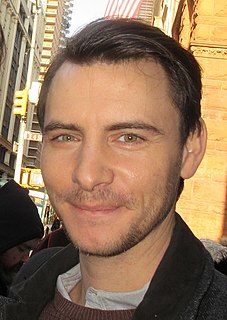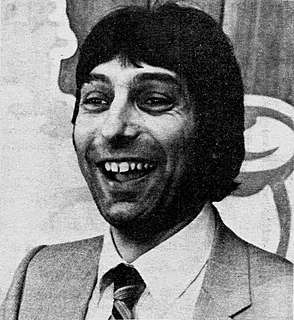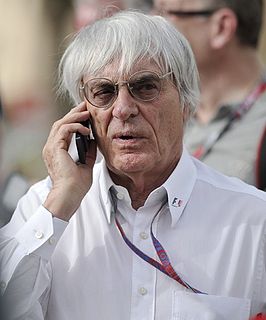A Quote by Harry Lloyd
When you're on camera, you can't think of all the technical things.
Related Quotes
I find that when one has worked long enough, technical know-how becomes almost irrelevant. In photography, it's not difficult to reach a technical level where you don't need to think about the technique any more. I think there is far too much literature and far too much emphasis upon the techniques of photography. The make of camera and type of film we happen to use has little bearing on the results.
Of course, you can never watch something like somebody else watches something like you, but nonetheless, you have to try. So I think on camera you learn a lot about how much the camera does for you, which is what is the great luxury of movie acting. Or acting whether it's TV or movies or whatever it is, that the camera's really such a gift because there's so much that it sees and does if you're willing to just be open and expose yourself and all of that. So you also learn what doesn't matter. And sometimes when you think about things, you think things matter that don't matter.
I don't paint, and I can't draw, but I see things, I think, quite well, and I love being able to freeze things with the camera, particularly the children. Then I discovered with the camera that you can tell a whole story with just freezing a moment in reality. I find it a very good way, a very satisfying feeling.
I know that I make technical mistakes from time to time. It's one of the aspects of my game that I've been working on for years. I think I've managed to reduce the number of those technical mistakes to a minimum, but occasionally, they happen. On the other hand, I do have moments of technical brilliance.
I don't want to carry big things around with me. I'm lazy. The snapshot camera, you just carry it around and take the picture. You don't need to think about anything. People in the street are not going to wait for you with a big camera. They would freak out. With a snapshot camera, they are comfortable.




































